Thread-Local Data
By using the keyword thread_local, you define the thread local data. Thread-local can easily be explained in a few words.
thread_local
When needed, thread local data will be created for each thread. thread-local data exclusively belongs to the thread and behaves like static data. That means it will be created at its first usage, and its lifetime is bound to the thread’s lifetime. Often thread local data is called thread local storage.
Dealing with thread local data is straightforward.
1 2 3 4 5 6 7 8 9 10 11 12 13 14 15 16 17 18 19 20 21 22 23 24 25 26 27 28 29 30 31 32 33 34 35 36 37 |
// threadLocal.cpp #include <iostream> #include <string> #include <mutex> #include <thread> std::mutex coutMutex; thread_local std::string s("hello from "); void addThreadLocal(std::string const& s2){ s+=s2; // protect std::cout std::lock_guard<std::mutex> guard(coutMutex); std::cout << s << std::endl; std::cout << "&s: " << &s << std::endl; std::cout << std::endl; } int main(){ std::cout << std::endl; std::thread t1(addThreadLocal,"t1"); std::thread t2(addThreadLocal,"t2"); std::thread t3(addThreadLocal,"t3"); std::thread t4(addThreadLocal,"t4"); t1.join(); t2.join(); t3.join(); t4.join(); } |
By using the keyword thread_local in line 8, the thread-local string s is created. The threads t1 – t4 (lines 27 – 30) use the function addThreadLocal (lines 12 – 21) as their work package. The threads get as argument the strings “t1” to “t4” respectively and add them to the tread-local string s. In addition, addThreadLocal displays the address of the string s in line 18.
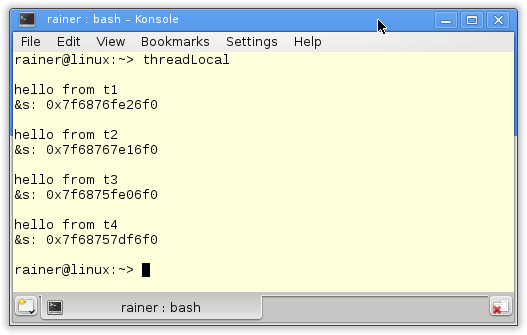
The program’s output shows it implicitly in line 17 and explicitly by the address in line 18. The tread-local string is created for each string s. First, each output shows a new thread-local string; second, each string s has a different address.
What’s next?
Condition variables are easy to use wrong. Why? Have a look at the next post. (Proofreader Arne Mertz)
 Modernes C++ Mentoring
Modernes C++ Mentoring
Do you want to stay informed: Subscribe.
Thanks a lot to my Patreon Supporters: Matt Braun, Roman Postanciuc, Tobias Zindl, G Prvulovic, Reinhold Dröge, Abernitzke, Frank Grimm, Sakib, Broeserl, António Pina, Sergey Agafyin, Андрей Бурмистров, Jake, GS, Lawton Shoemake, Jozo Leko, John Breland, Venkat Nandam, Jose Francisco, Douglas Tinkham, Kuchlong Kuchlong, Robert Blanch, Truels Wissneth, Mario Luoni, Friedrich Huber, lennonli, Pramod Tikare Muralidhara, Peter Ware, Daniel Hufschläger, Alessandro Pezzato, Bob Perry, Satish Vangipuram, Andi Ireland, Richard Ohnemus, Michael Dunsky, Leo Goodstadt, John Wiederhirn, Yacob Cohen-Arazi, Florian Tischler, Robin Furness, Michael Young, Holger Detering, Bernd Mühlhaus, Stephen Kelley, Kyle Dean, Tusar Palauri, Juan Dent, George Liao, Daniel Ceperley, Jon T Hess, Stephen Totten, Wolfgang Fütterer, Matthias Grün, Ben Atakora, Ann Shatoff, Rob North, Bhavith C Achar, Marco Parri Empoli, Philipp Lenk, Charles-Jianye Chen, Keith Jeffery, Matt Godbolt, Honey Sukesan, bruce_lee_wayne, Silviu Ardelean, schnapper79, Seeker, and Sundareswaran Senthilvel.
Thanks, in particular, to Jon Hess, Lakshman, Christian Wittenhorst, Sherhy Pyton, Dendi Suhubdy, Sudhakar Belagurusamy, Richard Sargeant, Rusty Fleming, John Nebel, Mipko, Alicja Kaminska, Slavko Radman, and David Poole.
| My special thanks to Embarcadero |  |
| My special thanks to PVS-Studio |  |
| My special thanks to Tipi.build |  |
| My special thanks to Take Up Code |  |
| My special thanks to SHAVEDYAKS |  |
Modernes C++ GmbH
Modernes C++ Mentoring (English)
Rainer Grimm
Yalovastraße 20
72108 Rottenburg
Mail: schulung@ModernesCpp.de
Mentoring: www.ModernesCpp.org


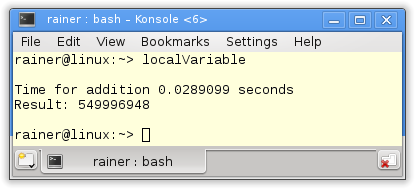
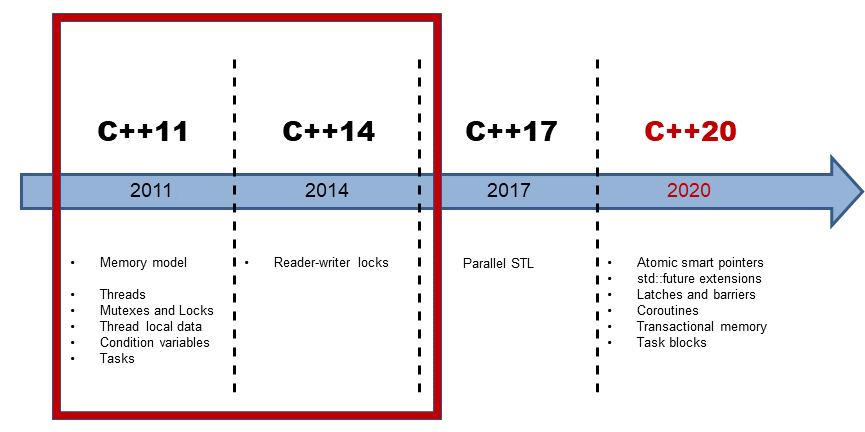
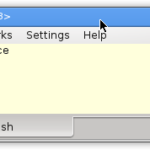
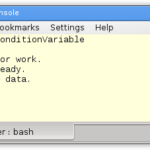
Leave a Reply
Want to join the discussion?Feel free to contribute!